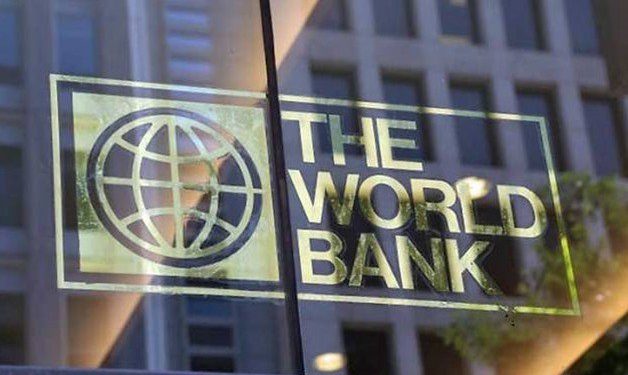Ghana’s per Capita Income Could Triple By 2050 With Bold Reforms – World Bank Says
Ghana’s per capita income could more than triple by 2050 if the country pursues ambitious structural reforms, the World Bank has projected in its 2025 Policy Notes on Ghana.
The Bretton Woods institution noted that with comprehensive reforms aimed at enhancing productivity, improving infrastructure services, and strengthening human capital, Ghana could sustain growth rates of up to 6.5 percent over the long term.
Currently, Ghana’s per capita income stands at about US$2,353, with growth averaging 4.0 percent since the Covid-19 pandemic.
The World Bank, however, stressed the need for Ghana to shift its economic growth model away from factor accumulation and natural resource extraction towards productivity-led and human capital-driven growth.
On macroeconomic stability, the report emphasised the importance of enhanced domestic revenue mobilisation, improved expenditure management, and the resolution of State-Owned Enterprises’ liabilities, describing these as critical to establishing a “virtuous cycle of growth and stability.”
To sustain fiscal consolidation, it urged the adoption of fiscal rules, strict adherence to International Monetary Fund (IMF) programme targets, restraint on large foreign exchange interventions, and caution against an early re-entry into the Eurobond market.
With respect to jobs and productivity for the youth, the Bank underlined the need for robust and broad-based growth, which it described as crucial for job creation, productivity gains, and fiscal resilience to ensure debt sustainability.
Priority areas outlined include improving the business climate, expanding access to finance, enhancing trade facilitation, and upgrading trade logistics through better road networks and efficient port systems.








